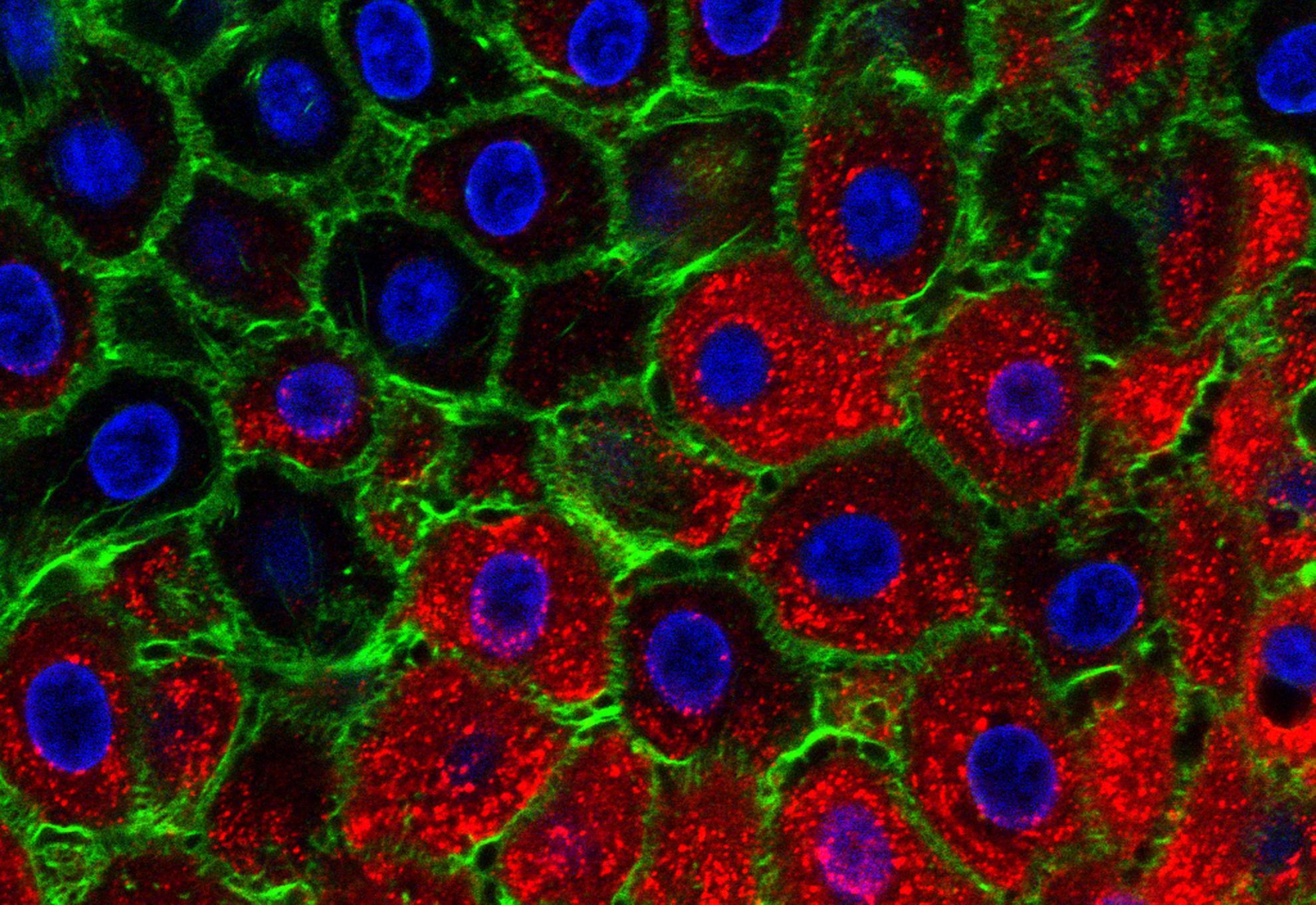Development and validation of a simplified serotyping ELISA based on monoclonal antibodies for the diagnosis of foot-and-mouth disease virus serotypes O, A, C and Asia 1
This study describes the development and validation of a simplified enzyme‐linked immunosorbent assay (ELISA) for the detection and discrimination of foot‐and‐mouth disease virus (FMDV) serotypes O, A, C and Asia 1. The multiplex ELISA was designed using selected, type‐specific monoclonal antibodies (MAbs) coated onto ELISA plates as catching antibodies and a unique pan‐FMDV MAb (1F10) as detector conjugate. Capture MAbs with the broadest intratypic reactivity were selected for each of the four FMDV serotypes by screening large panels of candidate MAbs with a wide spectrum of representative FMDV isolates. An additional pan‐FMDV ELISA using 1F10 MAb for both capture and detection was used to complement the specific typing ELISAs to detect virus isolates, which might escape binding to the selected serotype‐specific MAbs. This multiplex ELISA was prepared in a stabilized format, with immunoplates pre‐coated with six MAbs and positive antigen controls already trapped by the relevant MAb, with the view to make available a diagnostic kit. Diagnostic performance of the MAbs–multiplex ELISA was analysed using 299 FMDV‐positive epithelial suspensions representative of the antigenic and genomic variability within each serotype. Overall, the results provided evidence that the diagnostic performance of this assay platform is improved compared to the more complex polyclonal‐based antigen detection ELISA; combining data from different serotypes and referring to the gold standard tests (i.e. virus isolation and/or RT‐PCR), the MAbs–multiplex ELISA showed a sensitivity of 79% for the serotype‐specific ELISA, compared to 72% for the polyclonal ELISA. The absence of reactivity of a minority of FMDV strains using the MAbs–multiplex ELISA can largely be attributed to deteriorated or low antigen concentration in the sample. This multiplex ELISA is simple, rapid and stable. FMDV antigenic diversity was adequately covered by the selected MAbs. Therefore, it can be used to replace existing polyclonal ELISAs for FMDV detection and serotyping.

